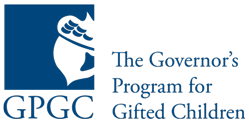Conflict and Diplomacy (Ms. Jessica Markstrom, Instructor)
We continued an exploration of the causes of civil conflict by reinforcing economic sources, evaluating group and individual reasons, and addressed how the flow of weapons can also create instability. We watched “Dr. Strangelove or: How I Learned to Stop Worrying and Love the Bomb” for the rest of the short week. This movie provides a biting evaluation of the Cold War and brinkmanship with nuclear weapons. While dated, the issue of accidental war in an age of nuclear weapons coincided with topics we discussed earlier in the summer.
Grad Psychology (Dr. Linda Brannon, Instructor)
During week 4, we began topics related to social psychology. Students had chosen topics upon which they were to prepare information to share with the class. We also saw Crash Course videos on social psychology topics. Students had papers due on Thursday.
Our final week consisted of discussions and evaluations of several of the most controversial studies in psychology, including Milgram’s study on obedience and Zimbardo’s prison study, which was conducted at Stanford University. These studies raised ethical questions due to the disturbing results. In addition, we will have an exam on Thursday, which will have a similar format to the exams we have had throughout the session, plus some written questions that will require evaluation of topics in social psychology.

